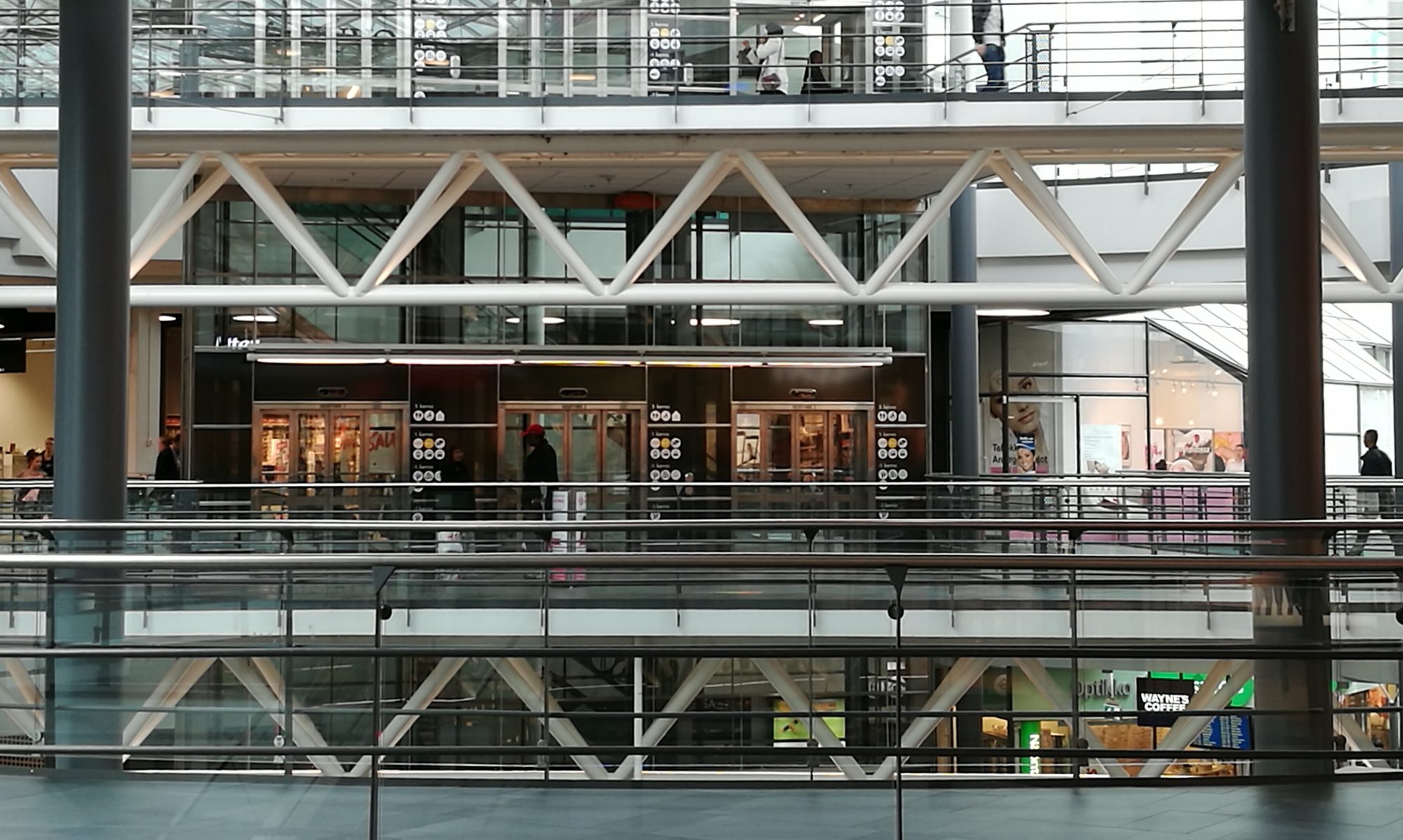Me, Humakin yhteisöpedagogiopiskelijat, saimme ainutlaatuisen mahdollisuuden osallistua Jaettu kaupunki -hankkeeseen, jota johtaa professori Pia Olsson. Tehtävänämme oli kerätä tietoa pääasiassa maahanmuuttajataustaisten nuorten kokemuksista heitä ympäröivistä ympäristöistä Helsingin ja Vantaan alueilla. Etsimme tietoa nuorten ja nuorten aikuisten näkemyksistä heille tutuista alueista – mikä ympäristössä miellyttää, mikä ei. Jakauduimme 4-5 hengen ryhmiin ja perehdyimme neljään eri paikkaan, jotka olivat Kontula, Myyrmäki, Kamppi ja Vuosaari.
Keräsimme nuorilta tietoa etnografisella otteella, kuten haastattelemalla, havainnoimalla, osallistamalla ja käyttämällä kaupunkikävely-menetelmää. Menetelmät vaihtelivat paikasta, ajasta ja tilanteesta riippuen. Tästä yhteistyöstä hyötyivät molemmat osapuolet, sillä tämä oli meille loistava mahdollisuus harjoitella etnografista kenttätyötä. Niitä taitoja tarvitaan mahdollisesti lopputyötä eli opinnäytetyötä varten. Jaettu kaupunki -hanke puolestaan sai kaipaamaansa tutkimusmateriaalia. Menetelmävalintaan kunkin ryhmän osalta vaikutti se, kuinka saisimme tuloksista myös visuaalisen näytön tallennettaviksi hankkeen yhden yhteistyökumppanin, museon, seinien sisään.
Meidän ryhmämme keskittyi Vuosaaren alueen nuoriin. Suurin osa haastatteluista tapahtui Vuosaaren metroaseman ja Columbus-kauppakeskuksen alueella. Haastattelu toteutettiin enimmäkseen vertaishaastattelujen kautta, mikä oli nuorille mielekästä, sillä he voivat keskustella vertaistensa kanssa ilman haastattelutilanteen aiheuttamaa jännitystä. Nuorista välittyi sellainen kuva, että he viihtyvät Vuosaaressa todella hyvin. He kokivat Vuosaaren mukavana paikkana asua ja elää.
Kaiken kaikkiaan, kokemus oli meille positiivinen. Meistä oli mukavaa olla mukana näin monipuolisessa hankkeessa ja olemme iloisia siitä, että saimme olla avuksi tälle hankkeelle. Koemme, että yhteisöpedagogin työkalupakkimme on entistä monipuolisempi tämän kokemuksen myötä. Nyt odotamme innolla, minkälaisia tuotoksia museoon saadaan nähtäville.
Teresa Tiainen
Yhteisöpedagogi-opiskelija, Humanistinen ammattikorkeakoulu
